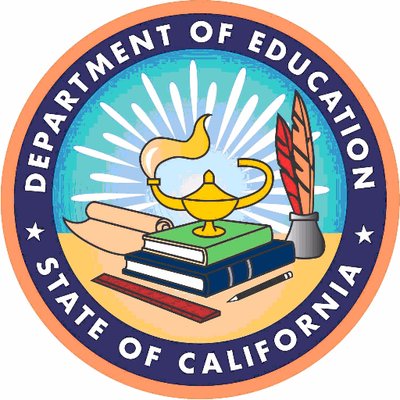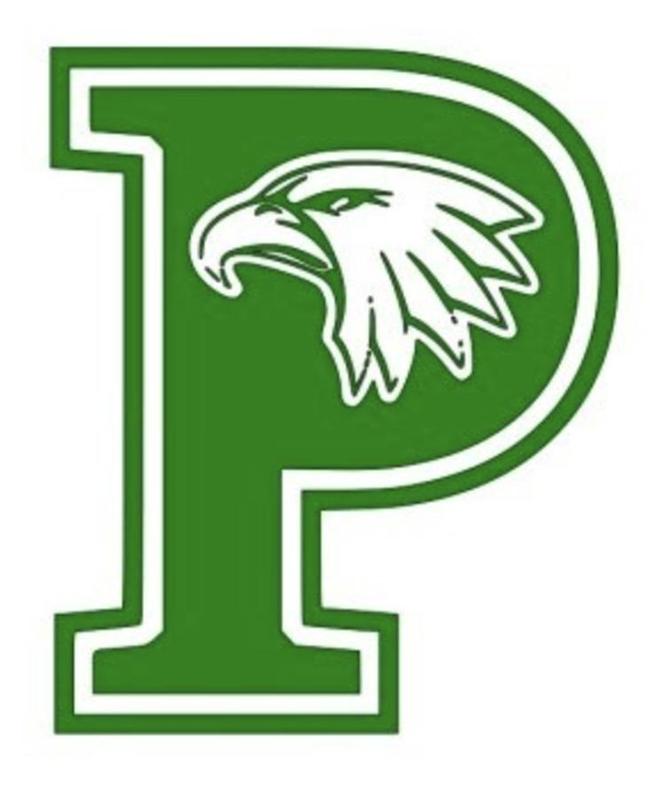Information
-
Audit Title
-
Document No.
-
Client / Site
-
Conducted on
-
Prepared by
-
Location
-
Personnel
Reading Literature
-
Key details in a text
-
Retell stories, including key details
-
Describe characters, settings, and major events
-
Identify unknown words and phrases
-
Explain differences between books that tell stories and books that give information
-
Identify who is telling the story
-
Use illustrations and details in a story to describe its characters, setting, or events
-
Compare and contrast the adventures and experiences of characters
-
Read prose and poetry of appropriate complexity
Reading Informational Text
-
Identify the main topic and retell key details
-
Describe the connection between two individuals, events, ideas, or pieces of information
-
Clarify the meaning of words and phrases in a text
-
Know and use various text features to locate key facts
-
Distinguish between information provided by pictures or by words
-
Use the illustrations and details in a text to describe its key ideas
-
Identify the reasons an author gives to support points in a text
-
Identify basic similarities in and differences between two texts on the same topic
-
Read informational texts appropriately complex for grade 1
Foundational Skills
-
Demonstrate understanding of the organization and basic features of print
-
Demonstrate understanding of spoken words, syllables, and sounds.
-
Know and apply grade-level phonics and word analysis skills in decoding words
-
Read with sufficient accuracy and fluency to support comprehension
Writing
-
Compose opinion pieces
-
Compose informative /explanatory texts
-
Narrate two or more events
-
Respond to questions and suggestions from peers and add details to strengthen writing
-
Use a variety of digital tools to produce and publish writing
-
Participate in shared research and writing projects
-
Recall information from experiences or gather information from provided sources to answer a question
Speaking and Listening
-
Participate in group conversations
-
Recount key details in a text read aloud
-
Ask questions to gather additional information or clarify something that is not understood
-
Describe people, places, things, and events in detail
-
Add drawings or other visual displays to descriptions
-
Produce complete sentences
Language Standards
-
Demonstrate command of English grammar and usage
-
Demonstrate command English capitalization, punctuation, and spelling
-
Clarify unknown and multiple-meaning words and phrases
-
Demonstrate understanding of figurative language
-
Use words and phrases acquired through conversations, reading













